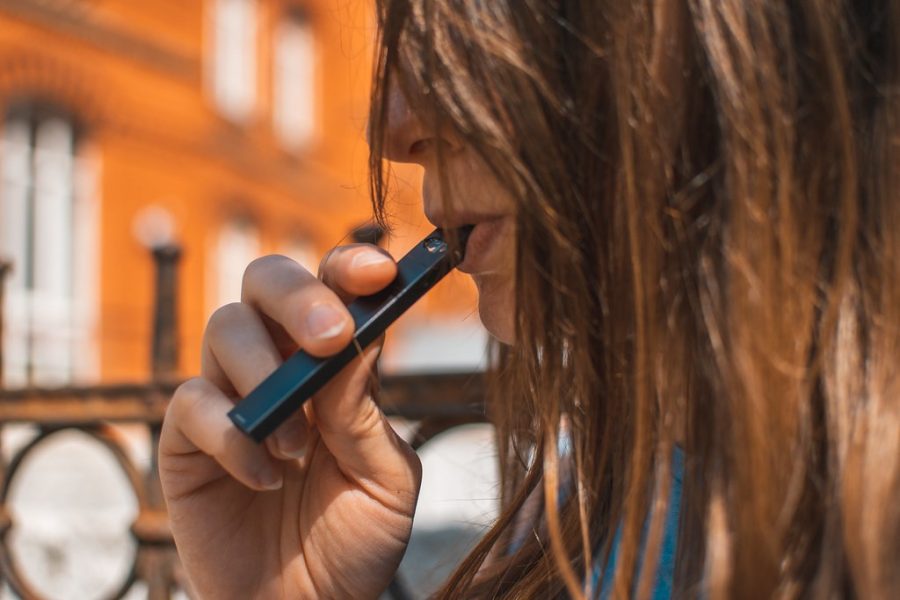June 23 will henceforth be a day of mourning for vaping fans. The Food and Drug Administration banned Juul from selling its infamous vape pen as well as four types of Juul pods containing nicotine amounts varying from 3% to 5%. The move is an exceptionally harsh one for Juul and its parent company Altria, the tobacco giant that sunk $12.8 billion into the e-cigarette company in 2018.
Banning Juul products from the U.S. market will likely help curb rates of teen consumption of nicotine, something that has plagued American high schools since Juul’s release in the mid-2000s. As early as 2018, high schools were struggling to deal with students who, as a result of vaping Juul products, began to suffer from nicotine addiction. Those of us who recently graduated from high school surely remember the rushed bathroom breaks that saw billowing clouds of fruit-scented vapor pouring from tightly-packed stalls. It was, and still is, an epidemic that the FDA has sought to stamp out with military-like determination.
But the FDA’s tough stance on Juul — and their larger aim of addressing public safety — pales in comparison to their weak response when it comes to public health hazards. Tobacco products cause upwards of 7 million deaths across the globe per year, but so do many of the products we put into our bodies every single day.
Materials like non-stick cookware, cosmetics and many types of food packaging contain chemicals known as PFAS, which are well-known to cause some cancers and damage to internal organs. And the danger of these chemicals in our everyday products does not go unnoticed. In a study conducted by the Pew Research Center in 2018, 51% of adult Americans believed that the additives they were exposed to in their food presented a major risk to their health.
Many factors influenced this type of thinking, but the fact remains the same: most Americans do not trust the FDA to keep us safe. And why should we? It took the organization seven years to take any meaningful stance against Juul and its pimply-faced teen worshippers during which children and adults alike were getting addicted to a product containing the amount of nicotine found in an entire pack of cigarettes.
RELATED: OPINION: Graduating college is a big deal, be proud of yourself
All of this is to say: the FDA ban on Juul and its products is a step in the right direction. But, it is not nearly enough to keep Americans and their children safe. Juul is not the only e-cigarette company with a chokehold on consumers. Cigarettes are not banned nor are the thousands of dangerous chemicals and additives that are in the food we eat and the things we buy. The type of dangerous additives that will stay with us, in our bodies and our environment, for decades to come.
The prolific nature of these nicotine products and the other numerous hazardous chemicals that are commonplace in the U.S. raises many questions about how best to ensure human health. Yet, time and time again, the FDA has utterly failed to ensure the safe regulation of American food and consumer products.
Sure, the ban on Juul is good. Maybe it will even help to calm down the irritatingly pervasive trend of vaping in every highly-populated public space. But until the FDA actually decides to begin regulating, and even banning, products with the attention and severity they have given to Juul, widespread public safety will still be a pipe dream. We can and should expect more.
Follow Sophie Applin on Twitter

Sophie Applin is the current Opinions Editor for the Daily Wildcat. She enjoys reading, writing and having strong opinions.









